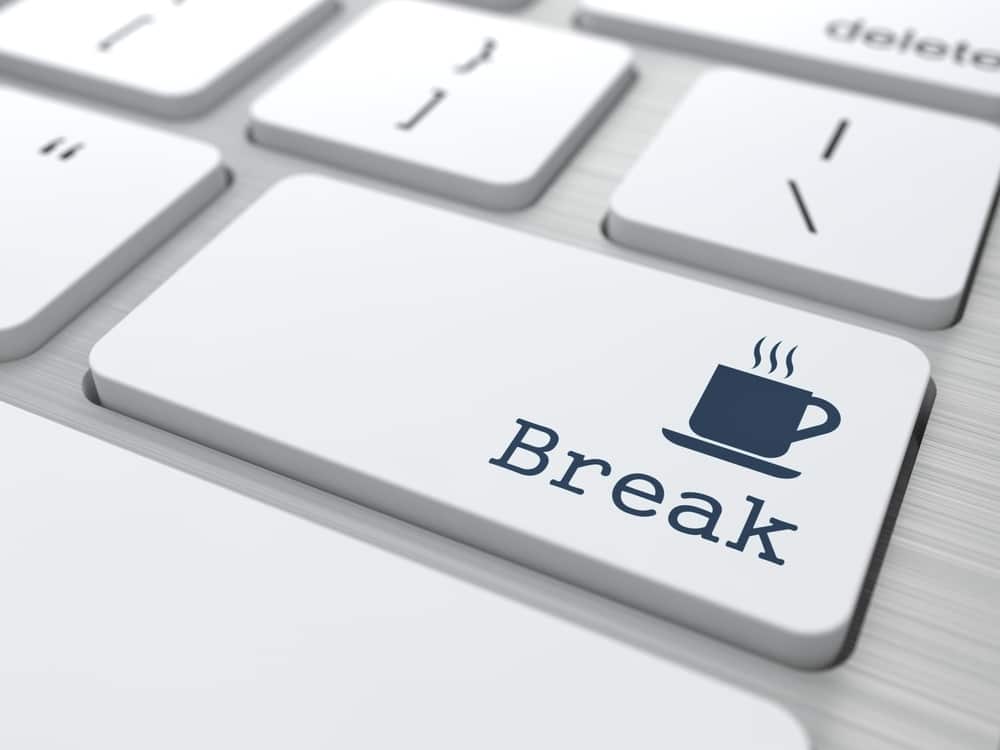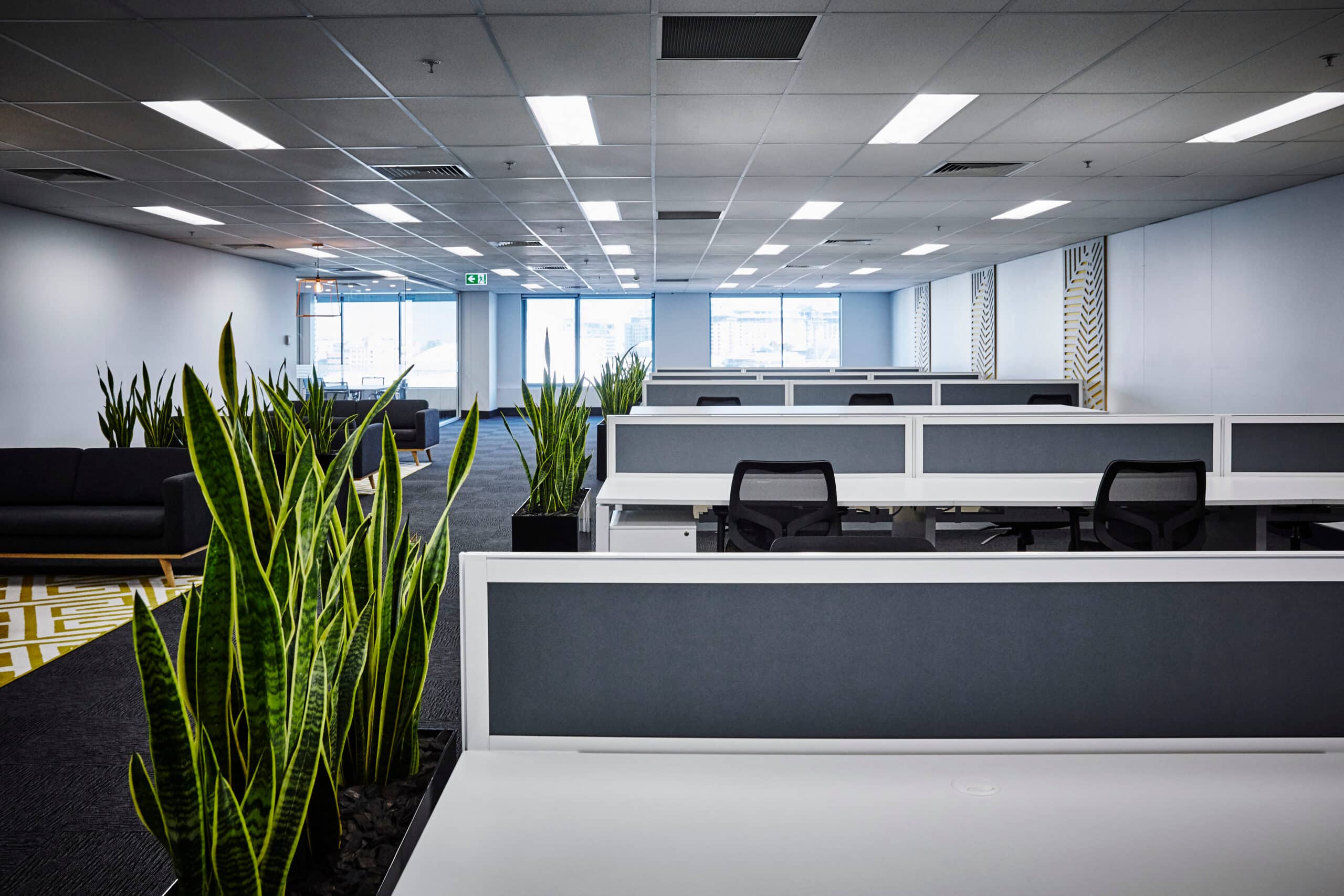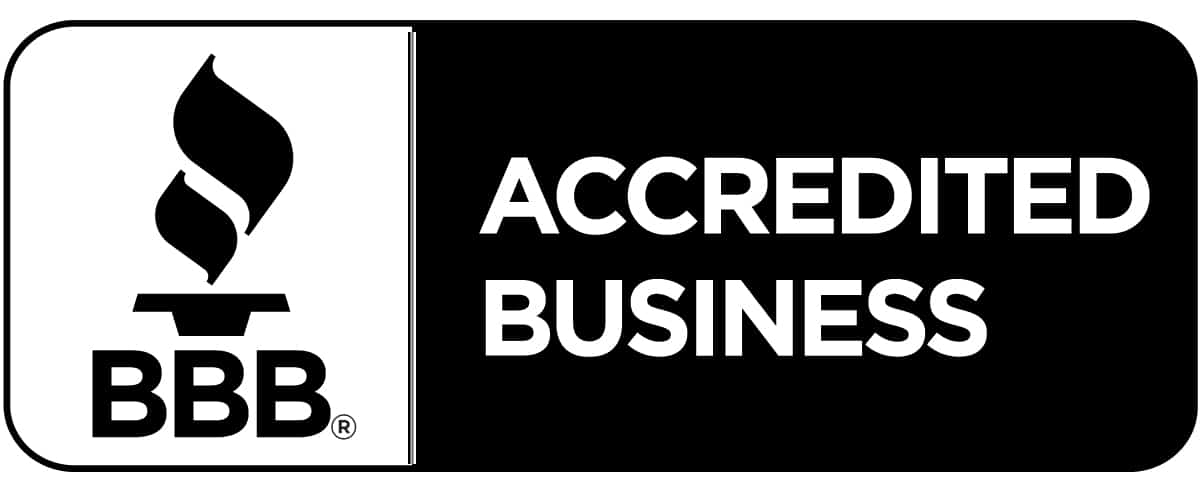“All work and no play makes Jack a very dull boy” – and stifles his creativity, mental acuity, and enthusiasm, and can even have serious health ramifications. This adage carries over to the workforce. While the status quo thought process is that nose-to-the-grindstone devotion at work leads to results and productivity, attitudes are shifting – worldwide.
Working Themselves to Death?
Over the past couple of years, stories of workplace burnout in Japan have been making global headlines. One of the most notable cases involved a 24-year-old advertising employee who committed suicide after logging 105 hours of overtime in a month. While this is an extreme example from a country notorious for its long work hours (the Organisation for Economic Cooperation and Development noted Japanese employees worked the third longest hours in the world in 2015) there are relevant takeaways for U.S. employees. It is possible to be too loyal and work too much!
Workplace Breaks Boost Rather than Hinder Productivity, Research Shows
Excessive overtime may not be a problem in your workplace, but even standard 9-to-5 shifts should be broken up with period breaks, researchers say. A study conducted by researchers from Baylor University and published in the Journal of Applied Psychology concluded:
- Workers should take a mid-morning “coffee break” because it is easier to replenish energy in the morning hours,
- Workers should do something they enjoy during their break – whether it’s going for a short jog, popping into a local retail shop, catching up on social media, or focusing on a work-related task they enjoy.
- Workplace breaks increase energy, concentration, and motivation and decrease illness symptoms.
- Shorter, more frequent breaks are more beneficial than one long break.
While the Baylor study didn’t necessarily find a correlation between incorporating physical activity into breaks, a Swedish study did find conclude that breaking up the workday with physical activity is beneficial.
The Swedish researchers studied two groups of employees: one that worked 2.5 hours fewer each week and made time for physical activity and another that remained at work for the full timeframe and didn’t get any exercise. The group that worked fewer hours maintained or increased workplace productivity and reported feeling more productive and taking fewer sick days.
What Can You Do To Encourage Employees to Take Breaks?
If you’ve ever spent hours staring at a computer screen or poring through complex reports, you probably understand how refreshing and invigorating it is to step away for a few minutes. When you return from even a five-minute break you’re able to resume the task at hand with renewed focus, clarity, and even creativity.
Encouraging your employees to step away from their desks will make them better employees! While many employees won’t need much coaxing beyond knowing the company culture encourages breaks, others may need more of an incentive.
In Japan, one company forced employees to wear “embarrassment capes” to encourage them to stick to reasonable work hours. More mainstream incentives include setting up a comfortable office relaxation area or break room stocked with a Keurig and free coffee, healthy snacks, a TV set to a news or sports station, or even a community jigsaw puzzle. If you’re the boss, lead by example and let your team see you taking much needed time to clear your head throughout the day. You’ll both benefit!







